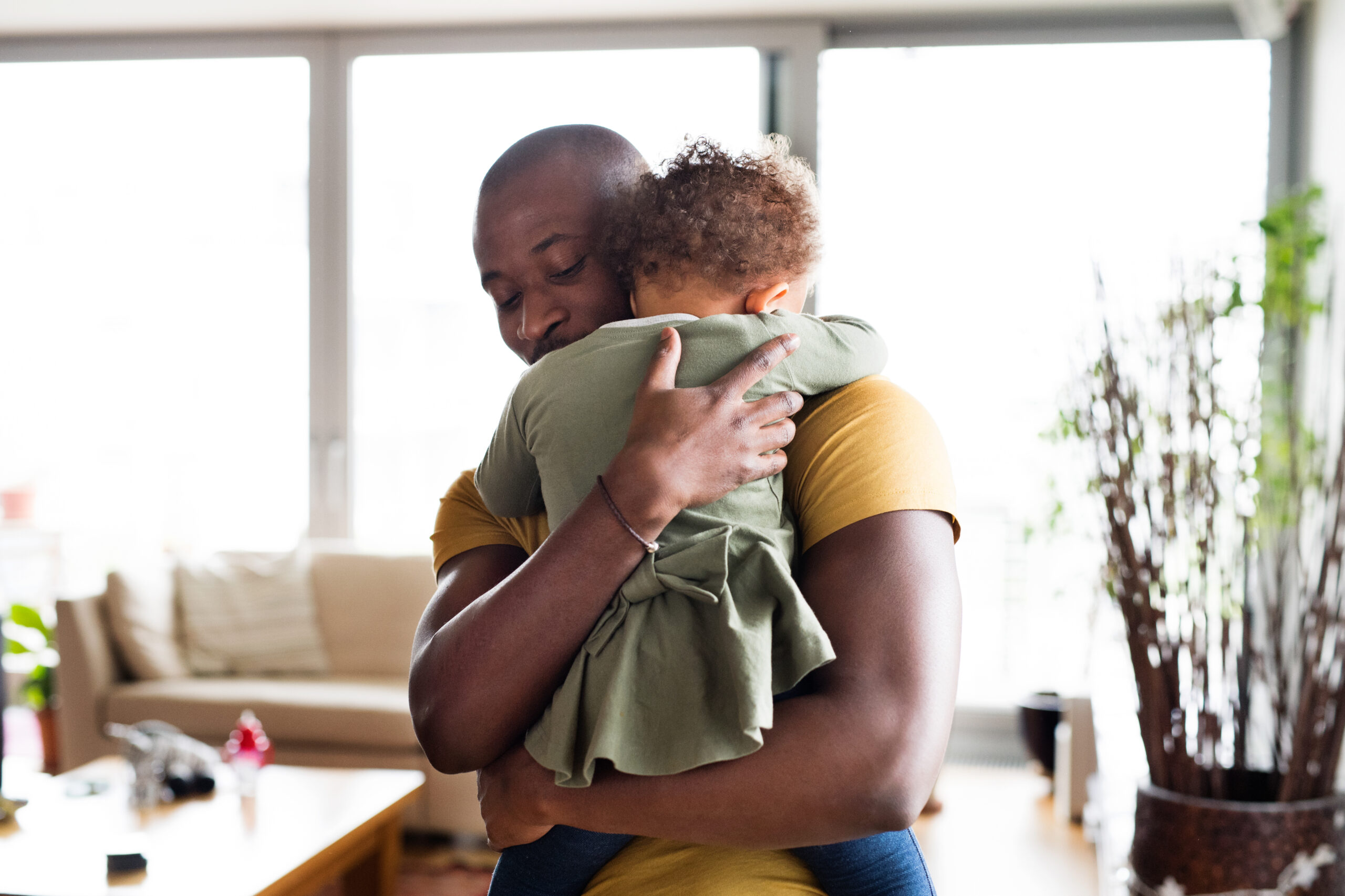How A Parent’s Affection Shapes A Child’s Happiness For Life

How often do we pause in the midst of life’s chaos to embrace our children with love? A hug, a gentle touch, or even a few words of encouragement—these small acts often carry more weight than we realize. Science shows that the affection we share with our children doesn’t just brighten their day; it shapes their entire future.
Decades of research have made one thing clear: the love and warmth parents provide in childhood create a lasting impact. From building emotional resilience to fostering lifelong happiness, affection plays a central role in a child’s journey to becoming a well-rounded, compassionate adult. This connection between love and happiness reveals the profound ways a parent’s affection influences not just childhood, but a lifetime.
Why Affection Matters
Think about it—how did you feel the last time someone hugged you or offered a kind word when you needed it most? That warmth, that reassurance, has a way of cutting through even the toughest moments. Now imagine a child experiencing that kind of love every day. It’s more than just comforting; it’s life-changing.
Research backs this up in ways that are hard to ignore. Studies have found that kids who grow up surrounded by affection tend to do better in almost every way you can think of. They’re more confident, perform better in school, and are less likely to struggle with anxiety or behavioral problems. It’s like giving them an invisible toolkit to handle life’s challenges.
But let’s flip the script for a moment. What happens when that love is missing? Children without affectionate parents often carry scars you can’t see. They might grow up feeling disconnected, battling low self-esteem, or even struggling with anger and trust issues. The absence of love leaves a gap that no amount of material success can truly fill.
Here’s the takeaway: those little moments—hugging your child before they leave for school, telling them you’re proud after a tough day—aren’t just nice gestures. They’re building blocks for a future filled with resilience, happiness, and connection. It’s simple, yet so powerful.
The Magic Behind a Simple Hug
 Image source: Pexels
Image source: Pexels
Have you ever noticed how a simple hug can make everything feel a little easier? It’s almost like magic. But it’s not just a fleeting feeling—it goes much deeper than that. For kids, physical touch isn’t just about comfort. It’s about safety, love, and building a sense of belonging that lasts a lifetime.
Picture this: a newborn cradled in their parent’s arms, soothed by the rhythm of their heartbeat. That closeness doesn’t just calm the baby in the moment—it sparks something profound in their development. Science shows that skin-to-skin contact can reduce crying, improve sleep, and even help a baby’s brain grow stronger. It’s nature’s way of saying, “You’re not alone. You’re cared for.”
Now, let’s fast-forward a bit. Even as kids grow older, that need for connection doesn’t go away. Imagine your child coming home after a tough day at school, slumping into the couch, and feeling defeated. A simple hug or a hand on their shoulder can shift everything. Suddenly, they’re reminded they’re not carrying their burdens alone.
But the absence of touch? That’s a different story. Research on children in orphanages—where hugs and affection are often scarce—shows higher levels of cortisol, the stress hormone, in these kids. Without that loving touch, stress can seep into their bodies and minds, leaving scars that last far beyond childhood.
Practical Ways to Show Affection Every Day
 Image source: Shutterstock
Image source: Shutterstock
Life gets busy. Between work, errands, and the endless to-do list, it’s easy to let the small moments slip by. But showing affection doesn’t have to be a grand gesture—it’s the simple, everyday things that truly make a difference.
Start with the basics: hugs. Whether it’s a quick squeeze before school or a bear hug at bedtime, these little acts of love can work wonders. Think about how much comfort a hug brings you on a stressful day—it’s the same for your child. Set reminders if you have to; it’s about making connection a habit. Another idea? Turn affection into play. Create silly games like a “hug monster” chasing your kids around the house or have a family dance-off where you can sneak in some playful hugs and laughter. These moments not only bring joy but also reinforce emotional bonds in ways words can’t always do. And don’t underestimate the power of touch during tough times. When disciplining your child, try adding a hand on their shoulder or ending the conversation with a hug. It reminds them that love isn’t conditional—that even when they mess up, your care for them doesn’t waver.
But here’s the key: balance. Affection doesn’t mean overwhelming your child. As they grow, their comfort levels with physical touch may change. Respect their boundaries, but don’t stop looking for ways to connect. Even a warm smile or a kind word can go a long way when hugs aren’t their thing. Ultimately, it’s not about how much time you have—it’s about the intention behind the time you spend. These little moments may feel small now, but to your child, they’re everything.
Affection as a Tool for Discipline
 Image source: Shutterstock
Image source: Shutterstock
Discipline and affection might seem like an odd pair, but together, they create a powerful approach to parenting. When your child makes a mistake—whether it’s yelling at a sibling or breaking a rule—how you handle the moment can shape more than their behavior. It can build trust. Starting with a calm tone and a gentle touch, like a hand on their shoulder, can set the stage for a conversation that guides rather than alienates.
Ending these talks with a hug or some other small sign of affection sends a crucial message: love isn’t conditional. Your child may have messed up, but your bond with them remains unshaken. This balance between correction and connection teaches not only accountability but also security.
When kids feel supported, even during discipline, they’re more likely to develop empathy and emotional resilience. It shows them that while their actions matter, their worth isn’t up for debate—and that’s a lesson they’ll carry into adulthood.
Building a Lifetime of Love Through Affection
Think back to a time when someone’s simple act of kindness stayed with you—a hug on a rough day, or even just someone telling you they believed in you. For kids, those little moments of affection don’t just make them smile; they help define the kind of person they’ll grow into.
When a child feels truly loved, it’s like they’re carrying an invisible shield with them into the world. That love becomes their foundation. It gives them the courage to face setbacks and the confidence to take on life’s challenges. And it’s not just about resilience—affection helps kids grow into adults who know how to love deeply, build meaningful relationships, and pass that warmth onto others. It’s like planting a seed that keeps growing, even long after childhood is over.
The beauty of affection is that it’s found in the smallest moments. You don’t need to move mountains to make an impact. Hold their hand when they’re nervous. Sit with them when they’re upset. Laugh with them when they tell you something silly. These are the moments they’ll remember. Years from now, they might not remember every word you said, but they’ll always remember how your love made them feel. That’s the kind of legacy worth leaving.
Featured image source: Shutterstock
Loading...






